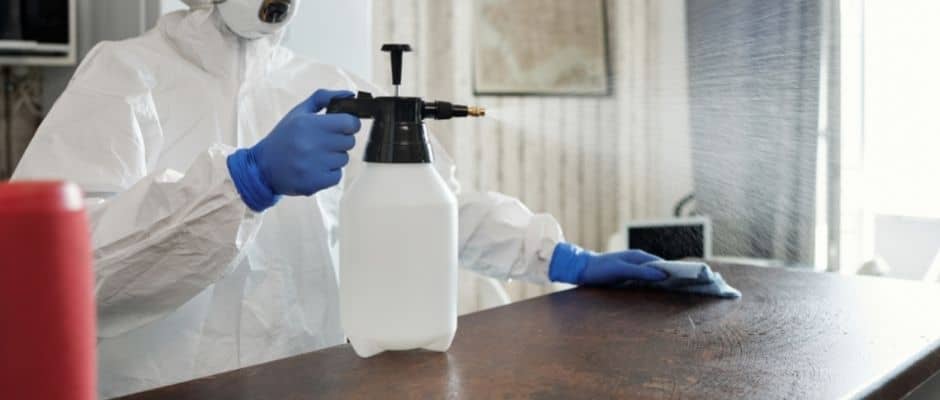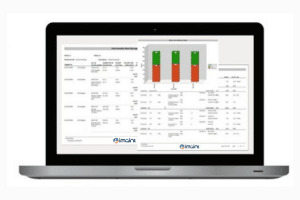A year ago, the world was in full pandemic panic mode. Some businesses saw sharp increases in sales as the demand for certain products and services soared. Think toilet paper, disinfecting wipes, personal protective equipment (PPE), food deliveries, etc. Other companies were forced to shut down completely. As the availability of COVID vaccines expands and the number of virus cases go down, businesses are facing a new normal. Let’s discuss some of the ways facilities maintenance has changed in the past year, along with how companies are adapting.
The Office Life
Results from a survey completed by Upwork “reveal that by 2025, 36.2 million Americans will be working remotely, an 87% percent increase from pre-pandemic levels.” This translates into declining traditional office environments. Companies that employ remote workers will begin to see less of a need for commercial leases and real estate. There is no reason to rent or purchase space for people to work if a majority of employees will be working from home. And while many people have found themselves to be more productive while working remotely, a new challenge has also presented itself. Communication. Without face-to-face meetings and interactions, how will teams share information with one another as efficiently? It will be more important to focus on tools and technologies that enable effective communication and data sharing.
Whereas team members previously sat down at conference tables and read over hard copies of reports, today those meetings are held virtually with screen-sharing capabilities. Workers must have the ability to login to online databases and programs to access work-related documents and files. Computerized maintenance management systems (CMMS) and enterprise asset management (EAM) software provides countless benefits for companies, including the ability to share pertinent information on facilities, equipment and assets. It’s even possible to customize views depending on the individual’s role within the organization. For example, a technician may only need to access work orders. A member of upper management, however, may accomplish a number of tasks, such as:
- Generating and assigning work orders
- Tracking work order data
- Scheduling preventive maintenance
- Managing parts inventory
- Ordering parts
- Managing projects
- Tracking maintenance costs and history
- Generating advanced reports
- Managing vendors
Standard Operating Procedures
Whether it’s a single-location facility or a multi-location enterprise, there are guidelines to follow as far as maintenance. And while equipment and assets have always required standard operating procedures (SOPs), companies must seriously consider the physical locations and employees themselves. Updated guidelines on cleaning and disinfecting facilities have been recommended by the Centers for Disease Control (CDC) in order to prevent the spread of the virus. Inspections are much more critical than before, and companies that don’t comply with regulatory standards are subject to penalties, fines and closures. Certain industries may even require routine COVID tests for employees. Some workplaces are considering making the vaccine mandatory in order to come to work. Simply put, there are suddenly many more procedures to document, store and follow than before.
DPSI’s maintenance management software helps companies streamline all facilities, people, equipment and procedures in a consistent manner. Our solutions make it possible for businesses to organize all aspects of proper maintenance, and even automate processes such as preventive maintenance scheduling. Businesses can better ensure their facilities are in compliance, safe and in peak operating condition. Contact DPSI to learn more about how CMMS/EAM software can help your organization thrive. Or, better yet, take our software for a test drive today.





